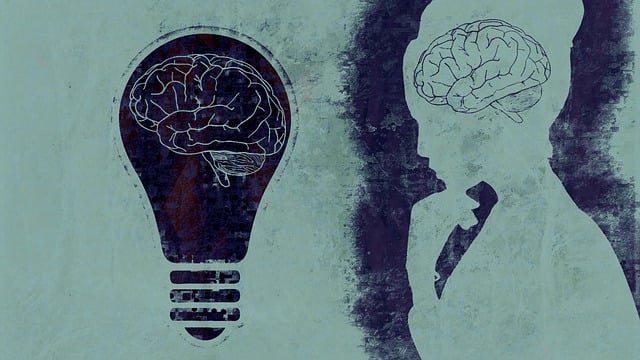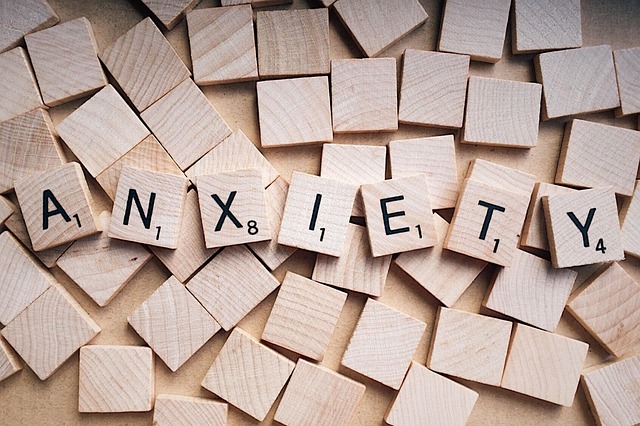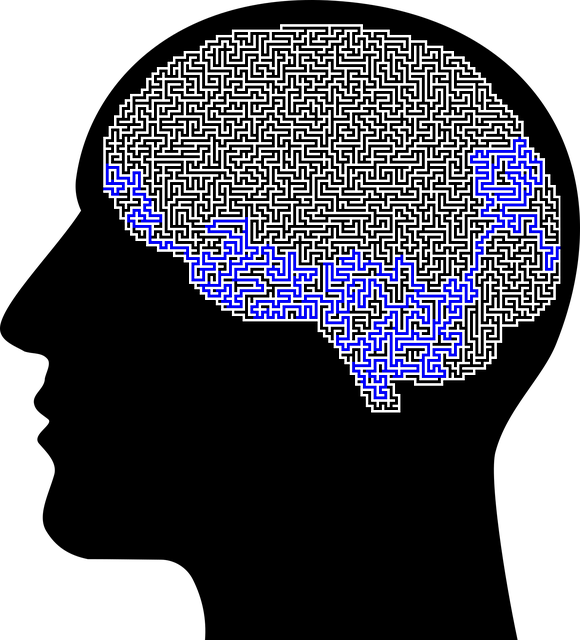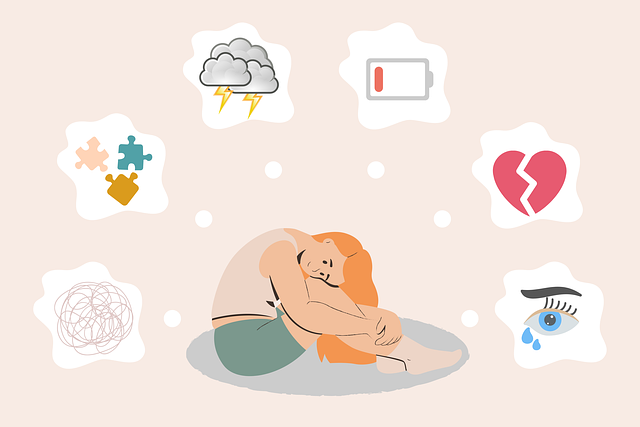Boulder OCD therapy emphasizes holistic, evidence-based strategies for managing Boulder Obsessive Compulsive Disorder (OCD). Combining self-awareness exercises like mindfulness and journal writing with community outreach programs that promote mental health literacy, this approach enables individuals to regulate moods effectively. Cognitive-behavioral techniques challenge negative thoughts, while practical mood regulation tools like deep breathing, meditation, progressive muscle relaxation, and outdoor activities provide immediate relief and emotional balance. These strategies empower clients to develop resilience, break down stigma, and proactively manage their OCD for improved quality of life.
Mood regulation is a vital skill, especially in managing conditions like Obsessive Compulsive Disorder (OCD). This article explores effective strategies to understand and control your moods. We delve into Boulder OCD Therapy, a comprehensive approach designed to tackle the root causes of OCD. Additionally, we provide practical techniques for daily life, empowering individuals to navigate their emotional states with resilience. By understanding these strategies, folks can enhance their mental well-being and lead more fulfilling lives.
- Understanding Mood Regulation Strategies
- Boulder OCD Therapy: A Comprehensive Approach
- Practical Techniques for Daily Life
Understanding Mood Regulation Strategies

Understanding Mood Regulation Strategies is a key component of managing various mental health conditions, including Boulder Obsessive Compulsive Disorder (OCD) Therapy. These strategies empower individuals to recognize and control their emotional states, fostering a sense of well-being. One effective approach involves Self-Awareness Exercises, such as mindfulness meditation and journal writing, which help in gauging and understanding one’s feelings. By increasing self-awareness, individuals can better navigate their emotional responses and implement strategies for emotional regulation.
Community Outreach Program Implementation plays a vital role in promoting mental health literacy and providing support networks. These programs often offer educational workshops, peer support groups, and access to professional services, all of which contribute to an individual’s ability to regulate mood effectively. Through such initiatives, communities can foster an environment where emotional well-being is prioritized, breaking down stigma and encouraging proactive mental health management.
Boulder OCD Therapy: A Comprehensive Approach

Boulder OCD Therapy offers a comprehensive approach to addressing Obsessive Compulsive Disorder (OCD), focusing on various strategies tailored to each individual’s unique needs. This holistic method goes beyond traditional therapy by integrating self-care routine development for better mental health, emphasizing the importance of daily practices that promote resilience and well-being. By combining evidence-based treatments with effective communication strategies, therapists empower clients to gain self-awareness exercises that challenge intrusive thoughts and reduce compulsions.
Through this multifaceted approach, Boulder OCD Therapy aims to help individuals regain control over their lives by learning coping mechanisms that are sustainable and life-enhancing. The program acknowledges the interconnectedness of mental health and daily routines, ensuring that each step taken towards recovery is supported by practical self-care measures. This comprehensive strategy not only treats OCD symptoms but also fosters a profound sense of empowerment and improved quality of life.
Practical Techniques for Daily Life

Incorporating practical techniques into daily life can significantly aid in managing and regulating moods, particularly for those dealing with conditions like Obsessive Compulsive Disorder (OCD). Boulder OCD therapy often emphasizes cognitive-behavioral approaches that teach individuals to challenge negative thoughts and engage in activities that foster emotional regulation. Simple yet effective strategies include mindfulness practices such as deep breathing exercises and meditation, which help calm the mind and reduce anxiety symptoms. These techniques can be easily integrated into busy schedules, providing quick tools for managing stressful situations or sudden mood shifts throughout the day.
The Mental Wellness Podcast Series Production offers a wealth of resources on emotional regulation, featuring experts who share insights into various strategies. By listening to these podcasts, individuals can gain access to techniques like progressive muscle relaxation and positive self-talk, which are powerful methods for enhancing overall mental wellness. Additionally, engaging in physical activities like yoga or even short walks outdoors has been shown to be beneficial for anxiety relief and maintaining a balanced emotional state. These practical approaches empower people to take control of their mental health and well-being on a daily basis.
In conclusion, understanding and implementing effective mood regulation strategies, such as those offered through Boulder OCD Therapy, can significantly enhance daily life. By combining comprehensive approaches with practical techniques, individuals can better navigate emotional fluctuations and foster a more balanced mental state. Integrating these practices into everyday routines allows for improved resilience, increased well-being, and a deeper sense of control over one’s mood.














